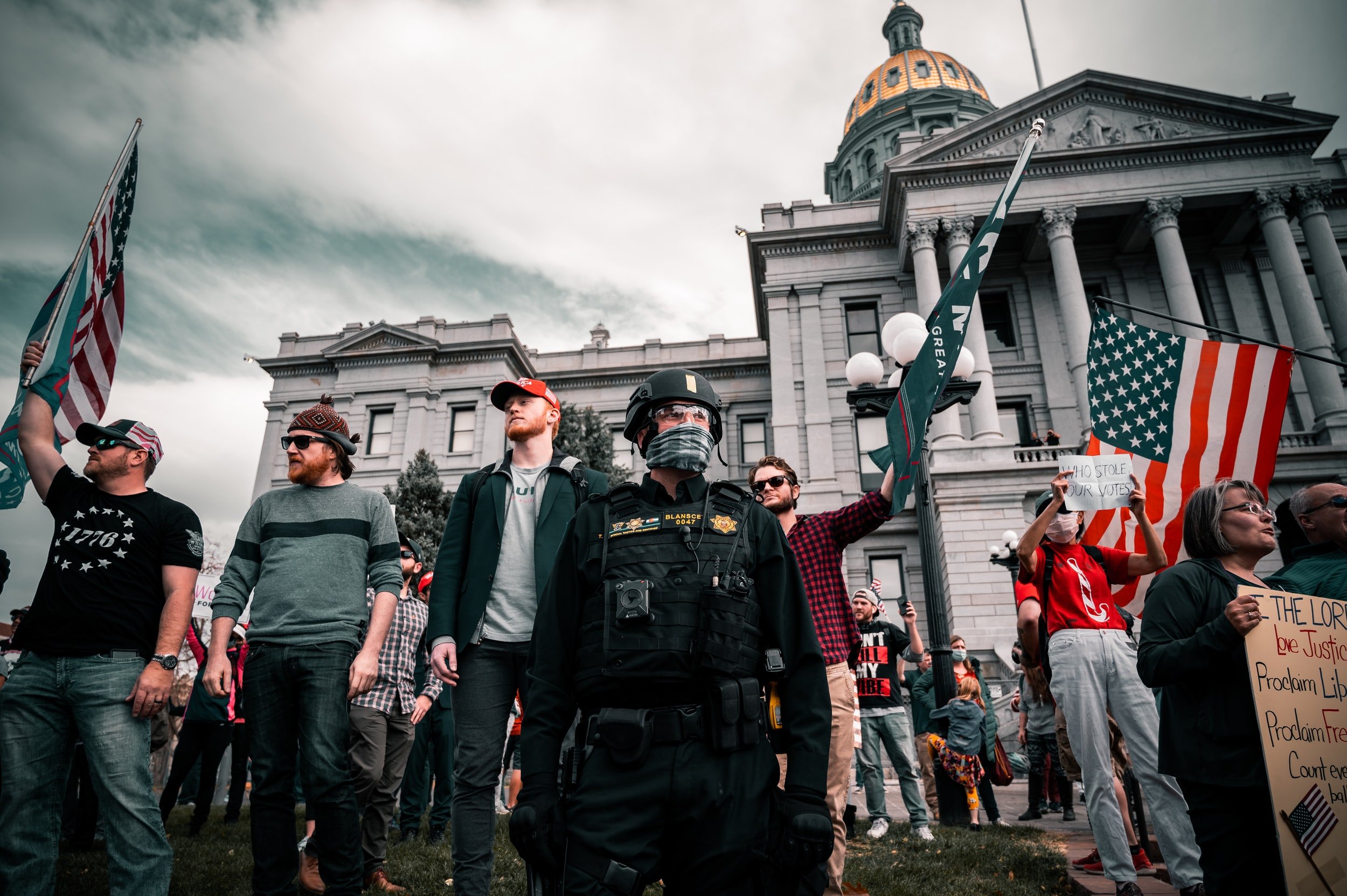Democracy and Demography
American democracy is under siege. This is so because of the confluence of three trends: (1) demographic change and residential segregation, which increasingly have placed more racially diverse Democratic Party voters in cities and suburbs, while rural areas have become more white and Republican; (2) a constitutional structure—particularly the Electoral College, the composition of the Senate, and the use of small, winner-take-all legislative districts—that gives disproportionate representation to rural populations; and (3) the willingness of this rural Republican minority to use its disproportionate power to further entrench counter-majoritarian structures, whether through extreme partisan gerrymandering, increased voter suppression efforts, court-packing, or outright rebellion against the results of democratic elections. These three trends together pose an existential threat to the whole idea of democratic self-governance. This Article therefore makes the case for heightened judicial scrutiny in order to protect democratic processes against partisan and discriminatory entrenchment. In making this argument, we seek to revive the political process rationale for heightened judicial scrutiny.
Juries, Democracy, and Petty Crime
As advocates push to expand the right to trial by jury in criminal cases, the Supreme Court should revisit the “petty offense” exception in light of the expansive web of collateral consequences that has developed in the past few decades. In Ramos v. Louisiana, the Court grappled with the question of stare decisis and overruled decades-old precedent on the constitutionality of non-unanimous jury verdicts, recognizing that the Court should be most willing to reconsider precedent in cases involving constitutional criminal procedure. At the same time, state legislatures should address the problem by extending the state right to jury trials to cover all criminal prosecutions. The implications of such changes would extend beyond a procedural reform that would affect the rights of individual defendants. Expansion of the jury trial right would constitute a meaningful structural reform in democratizing criminal justice at a time when such change is needed to establish the popular legitimacy of the criminal justice system.


